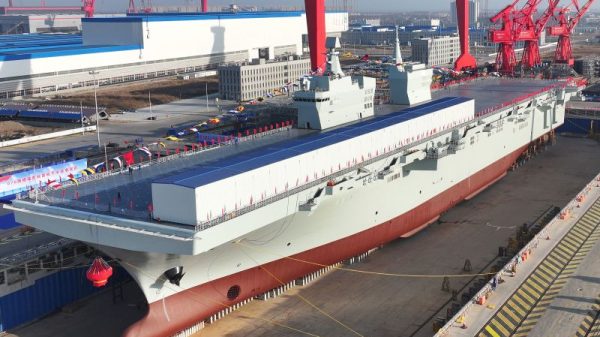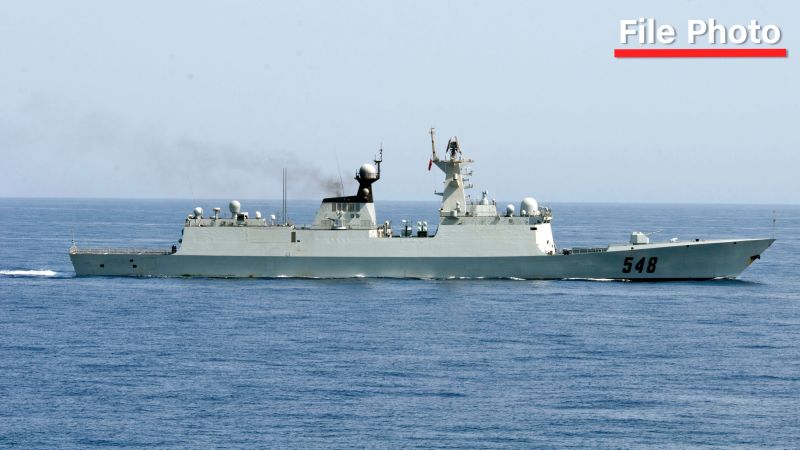A Chinese fishing vessel off the coast of Somalia has come under the control of alleged pirates, a European Union anti-piracy force operating in the area said Thursday.
The ship, with up to 18 crew members, had been taken over by the suspected pirates, some of whom were armed with AK-47s and machine guns, the European Union Naval Force Operation Atalanta said in a statement.
It classified the incident as a robbery at sea and said none of the crew had been injured.
The force had responded to an alert from police in Somalia’s semi-autonomous northeastern Puntland region that a Chinese ship off the coast had allegedly been hijacked, its statement said.
China has yet to comment on the situation, which occurred in a key region for its overseas naval activities guarding the country’s expanded footprint and economic interests in Africa and the Middle East.
The People’s Liberation Army Navy has since 2008 conducted anti-piracy operations around the Gulf of Aden along Somalia’s northern coast as one of a number of major powers seeking to secure shipping routes in the face of rampant piracy.
And since 2017 China has operated its only overseas military base in Djibouti, also on the Horn of Africa.
The latest incident comes amid a recent uptick in piracy in the area, which is close to key international shipping lanes through the Suez Canal and Red Sea.
The slow resurgence follows attacks by Houthi rebels on commercial shipping in the Red Sea in retaliation for Israel’s war on Hamas in Gaza. The attacks, which began late last year and decreased in the spring, upended global trade – and diluted the attention of international naval forces in the region, observers say.
The EU’s Operation Atalanta recorded 19 attacks by suspected pirates so far this year – the highest number since 2012, according to data from the force, which operates in waters around the Horn of Africa and the Western Indian Ocean.
That’s still a far cry from the peak of 2011 when there were 212 attacks, the data shows.
The earlier decline is widely attributed to coordinated and UN-backed international efforts, including from NATO, the EU and UN Security Council permanent members, which gained steam from 2008.
The Chinese navy’s now-longstanding anti-piracy task force began conducting escort missions in the Gulf of Aden and the waters off Somalia in December 2008 after a spate of attacks on Chinese vessels.
At the time, the start of that taskforce marked a step forward in China’s efforts to use its growing international clout and economic strength to address shared international issues.
China’s navy has since run more than 40 escort missions of international and Chinese vessels in the region, but did not join a US-led multinational coalition to protect ships transiting the Red Sea against the Houthi attacks.

























